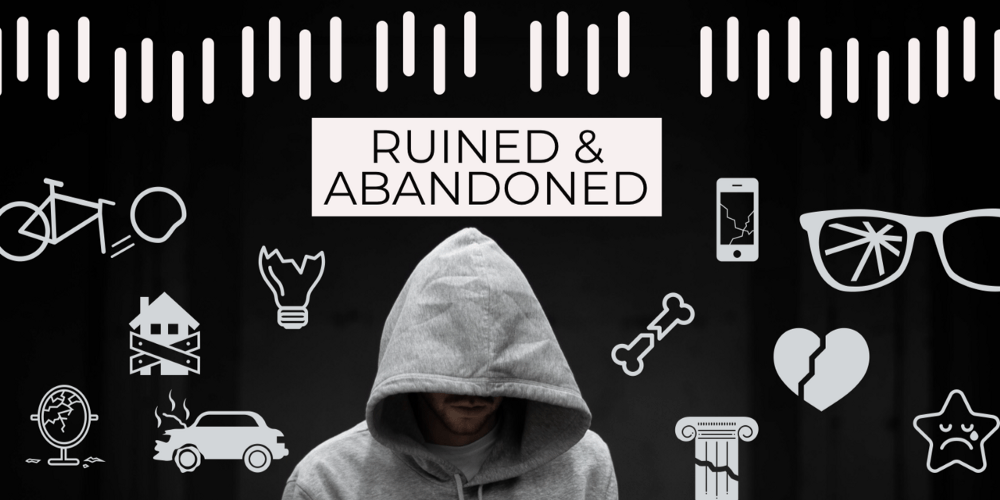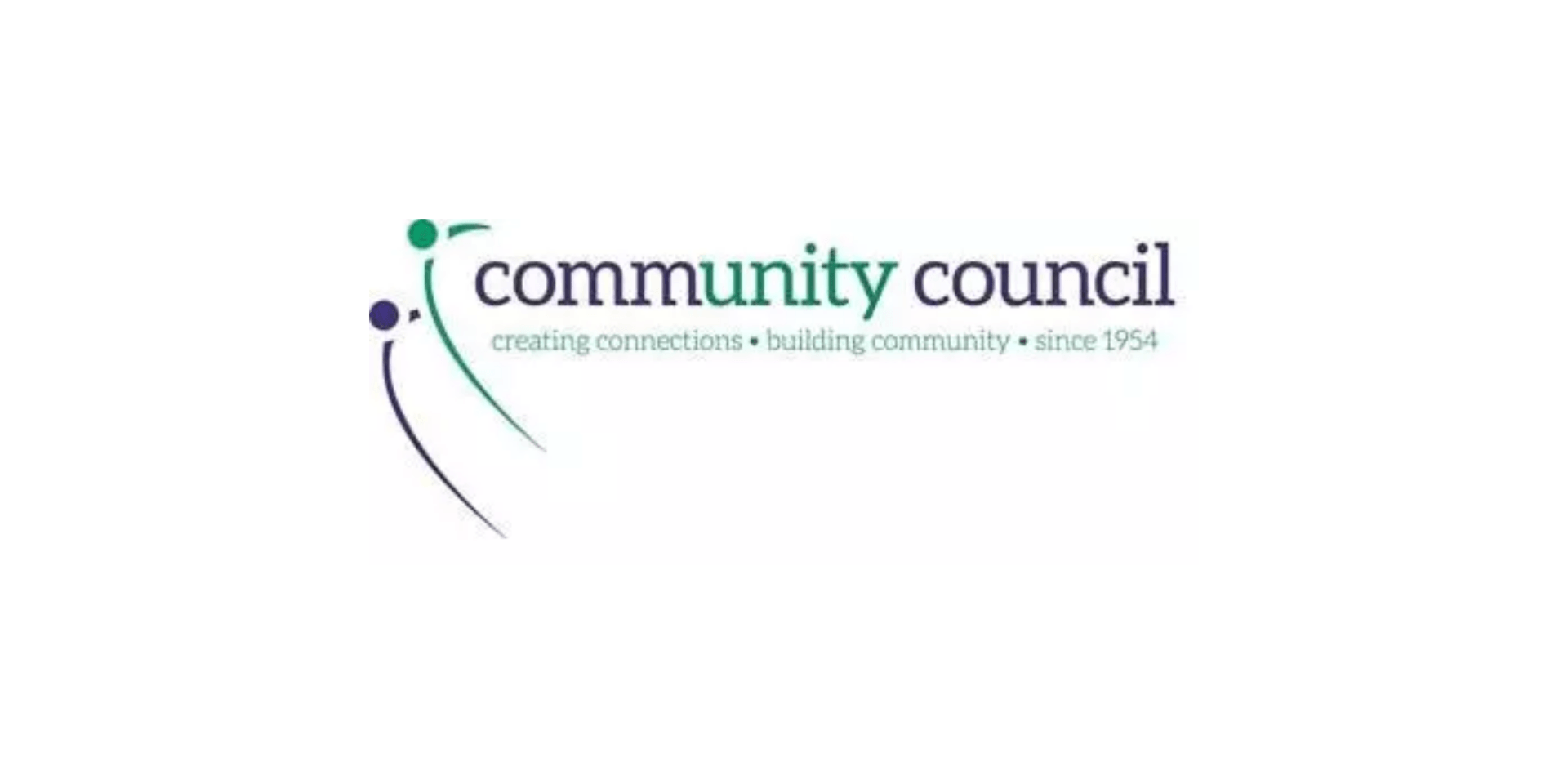By Geries Shaheen
•
March 25, 2023
Erik Erikson's theory of psychosocial development is a widely accepted and highly regarded framework for understanding human development from infancy to old age. Erikson believed that individuals go through eight distinct stages of development, each with its unique set of psychosocial challenges and opportunities. In this article, we will explore each of Erikson's stages of psychosocial development and discuss ways to utilize this model in mental health counseling sessions. Stage 1: Trust vs. Mistrust (Birth to 18 Months) The first stage of psychosocial development occurs from birth to 18 months. At this stage, infants learn to trust or mistrust their environment and caregivers based on how their needs are met. If their needs are consistently met with warmth, comfort, and care, they develop a sense of trust in the world. Conversely, if their needs are neglected or met inconsistently, they may develop a sense of mistrust. Counseling Application: In therapy, it's essential to establish a safe and nurturing environment to build trust with clients. As a therapist, it's crucial to show warmth, empathy, and non-judgmental support. By providing a safe and caring environment, clients can begin to build trust and feel comfortable opening up. Stage 2: Autonomy vs. Shame and Doubt (18 Months to 3 Years) During this stage, toddlers begin to develop a sense of autonomy and independence. They want to do things on their own and assert their independence. If caregivers encourage this behavior, toddlers develop a sense of autonomy. Conversely, if caregivers are overly restrictive or critical, toddlers may develop shame and doubt about their abilities. Counseling Application: In therapy, it's crucial to acknowledge clients' need for autonomy and independence. Encourage clients to make their own decisions and take charge of their lives. Help them explore their strengths and abilities and provide positive reinforcement to build their confidence. Stage 3: Initiative vs. Guilt (3 to 6 Years) During this stage, children begin to explore their world and develop a sense of initiative. They want to try new things and take on new challenges. If caregivers support and encourage this behavior, children develop a sense of initiative. Conversely, if caregivers are overly critical or dismissive, children may develop a sense of guilt. Counseling Application: In therapy, it's crucial to help clients explore new possibilities and take on new challenges. Encourage them to set goals and work towards achieving them. Help them develop a sense of accomplishment and pride in their achievements. Stage 4: Industry vs. Inferiority (6 to 12 Years) During this stage, children begin to develop a sense of industry and competence. They want to learn new skills and take on more significant challenges. If caregivers support and encourage this behavior, children develop a sense of industry. Conversely, if caregivers are overly critical or dismissive, children may develop a sense of inferiority. Counseling Application: In therapy, it's crucial to help clients develop a sense of competence and achievement. Encourage them to explore new skills and interests, and provide positive reinforcement for their efforts. Help them develop a sense of pride and accomplishment in their achievements. Stage 5: Identity vs. Role Confusion (12 to 18 Years) During this stage, adolescents begin to explore their identity and establish a sense of self. They try on different roles and experiment with different behaviors to discover who they are. If caregivers support and encourage this behavior, adolescents develop a sense of identity. Conversely, if caregivers are overly critical or dismissive, adolescents may experience role confusion and a lack of direction. Counseling Application: In therapy, it's crucial to help clients explore their identity and develop a sense of self. Encourage them to explore their interests and passions, and help them identify their values and beliefs. Assist them in developing a sense of direction and purpose in life. Validate their experiences and provide a supportive environment for them to express themselves. Stage 6: Intimacy vs. Isolation (18 to 40 Years) During this stage, young adults begin to establish intimate relationships with others. They seek emotional and physical connections with others and form lasting bonds. If young adults are successful in developing these relationships, they experience intimacy. If they fail to establish these connections, they may feel isolated and alone. Counseling Application: In therapy, it's crucial to help clients develop healthy and meaningful relationships with others. Provide support and guidance in navigating the challenges of intimate relationships. Encourage clients to communicate effectively, set boundaries, and practice self-care. Stage 7: Generativity vs. Stagnation (40 to 65 Years) During this stage, middle-aged adults begin to focus on their contribution to society and the next generation. They seek to make a positive impact on the world and leave a lasting legacy. If they are successful in these endeavors, they experience generativity. If they fail to make a meaningful contribution, they may feel a sense of stagnation. Counseling Application: In therapy, it's crucial to help clients explore their values, passions, and goals. Encourage them to find ways to make a positive impact on their community and the world. Assist them in developing a sense of purpose and fulfillment in their lives. Stage 8: Integrity vs. Despair (65 Years and Older) During this stage, older adults reflect on their lives and seek to find meaning and purpose in their experiences. They may experience a sense of satisfaction and fulfillment if they have lived a meaningful life. Alternatively, they may experience despair if they feel that their life has been wasted. Counseling Application: In therapy, it's crucial to help clients reflect on their lives and find meaning and purpose in their experiences. Encourage them to focus on their strengths and accomplishments and find ways to continue to make a positive impact on the world. Provide support and guidance in navigating the challenges of aging and help them find ways to maintain their independence and quality of life. Erikson's theory of psychosocial development provides a comprehensive framework for understanding human development across the lifespan. By understanding the challenges and opportunities of each stage, mental health therapists can provide tailored interventions to support clients' growth and development. Utilizing this model in therapy sessions can help clients develop a sense of self-awareness, purpose, and fulfillment in their lives. Erikson's theory proposes that at each stage of life, individuals face a specific psychosocial crisis that must be resolved in order to progress to the next stage. When individuals successfully resolve the crisis, they develop a specific virtue or strength that enables them to navigate future challenges. Here are the virtues attained from each stage: Trust vs. Mistrust (Birth to 18 months) - The virtue of hope: If infants receive consistent and responsive care from their caregivers, they develop a sense of trust in the world around them. This trust allows them to feel hopeful and optimistic about the future. Autonomy vs. Shame and Doubt (18 months to 3 years) - The virtue of will : If toddlers are encouraged to explore their environment and make choices for themselves, they develop a sense of autonomy and independence. This allows them to develop a strong sense of will and self-control. Initiative vs. Guilt (3 to 6 years) - The virtue of purpose : If young children are encouraged to take initiative and explore their environment, they develop a sense of purpose and direction in life. This allows them to feel a sense of accomplishment and pride in their achievements. Industry vs. Inferiority (6 to 12 years) - The virtue of competence : If children are encouraged to master new skills and succeed in academic and social endeavors, they develop a sense of competence and confidence. This allows them to feel capable and successful in future endeavors. Identity vs. Role Confusion (12 to 18 years) - The virtue of fidelity: If adolescents successfully navigate the challenge of developing a sense of identity, they develop a sense of fidelity or loyalty to themselves and others. This allows them to develop a clear sense of values and beliefs that guide their decision-making in adulthood. Intimacy vs. Isolation (18 to 40 years) - The virtue of love : If young adults are successful in developing meaningful and intimate relationships with others, they develop a sense of love and connection. This allows them to form lasting bonds with others and experience deep emotional fulfillment. Generativity vs. Stagnation (40 to 65 years) - The virtue of care : If middle-aged adults are successful in making a positive contribution to society and the next generation, they develop a sense of care and concern for others. This allows them to feel fulfilled and satisfied with their accomplishments. Integrity vs. Despair (65 years and older) - The virtue of wisdom : If older adults reflect on their lives and find meaning and purpose in their experiences, they develop a sense of wisdom and acceptance. This allows them to feel at peace with their life's journey and to share their insights with future generations. By developing these virtues, individuals are better equipped to navigate the challenges of life and to find fulfillment and purpose in their experiences. Mental health therapists can help clients develop these virtues by providing guidance and support as they navigate each stage of development. Regression is a common phenomenon that occurs when individuals revert to earlier patterns of behavior or thought in response to stress, anxiety, or other challenges. When individuals regress, they may exhibit symptoms that are typical of earlier stages of development, even if they have already progressed through those stages. Here are some common symptoms related to regression: Withdrawal : Individuals who regress may withdraw from social situations, become isolated, and avoid social interactions. Tantrums : Regression may manifest as temper tantrums or outbursts of emotion that are typical of earlier developmental stages. Sleep disturbances : Regression may cause sleep disturbances, such as difficulty falling or staying asleep, nightmares, or night terrors. Regression in daily habits : Clients may stop doing things they were previously able to do, such as brushing their teeth, taking showers or dressing themselves. Regression in communication: Clients may use baby talk or simple language or lose their vocabulary altogether. Anxiety : Regression can cause anxiety or fear related to a particular situation or object, such as separation anxiety or fear of the dark. Helplessness : Clients may feel helpless and dependent, expecting others to do everything for them. For example, a client who is struggling with intimacy in their relationships may regress to stage 5 (Identity vs. Role Confusion) and struggle with developing a sense of self. This can prevent them from successfully navigating stage 6 (Intimacy vs. Isolation) and developing meaningful connections with others. If left unresolved, the client may continue to struggle with intimacy and become stuck in earlier stages of development. I n post-traumatic stress disorder (PTSD), regression is often seen as a way for the client to cope with the traumatic experience. A study found that 53% of patients with PTSD experienced symptoms of regression, such as avoidance or withdrawal. Similarly, a study on depression found that 42% of patients exhibited regressive behavior, such as clinging to others or exhibiting temper tantrums. In borderline personality disorder, regression is seen as a maladaptive coping mechanism that can lead to impulsive or self-destructive behaviors. I t's important for mental health therapists to be aware of these common symptoms related to regression and to help clients overcome them in therapy. By addressing regression, therapists can help clients progress through each stage of development and develop the virtues associated with each stage, leading to greater personal growth and fulfillment. It's essential for therapists to recognize when clients are regressing and provide support and guidance to help them move forward. Here are some ways therapists can help clients overcome regression: Validate the Client's Experience: It's important for therapists to acknowledge and validate the client's feelings and experiences. This can help build trust and provide a safe space for the client to express themselves. 2. Help Clients Identify Triggers: Identifying triggers that cause clients to regress can help them anticipate and prepare for potential setbacks. This can help clients develop coping mechanisms and prevent them from becoming stuck in earlier stages. 3. Encourage Clients to Practice Self-Care: Encouraging clients to practice self-care can help them manage stress and anxiety that can lead to regression. This can include activities such as exercise, mindfulness, and relaxation techniques. 4. Provide Tools for Growth: Providing clients with tools and techniques to manage stress and anxiety can help them progress through each stage of development. This can include cognitive-behavioral therapy, interpersonal therapy, and other evidence-based interventions. By addressing regression in therapy, therapists can help clients overcome obstacles and progress through each stage of development, developing the virtues associated with each stage. This can help clients live a more fulfilling and purposeful life, and achieve a sense of self-awareness and personal growth. Perhaps you are a private practice in the mental health industry, or maybe a large agency trying to get your clinicians on the same page regarding Trauma Informed Care. Consider the Pioneer Counseling Trauma Informed Care Psychotherapy Tx Planner. It really is more than a tx planner, it is a guide and a point of reference. https://www.amazon.com/dp/B0BQ9FWFMT?ref_=cm_sw_r_cp_ud_dp_0MKBDBQ5PRD8G8NBEJ0B Geries Shaheen is a Licensed Professional Counselor and Nationally Certified Counselor operating in and around St. Louis Missouri. Geries holds his MA in Professional Counseling from Lindenwood University, BA in Intercultural Studies from Lincoln Christian University, and holds a certificate in Life Coaching, Geries provides life coaching services to clients online globally. Geries is EMDR trained and DBT Certified, practicing from a TIC lens.The body content of your post goes here. To edit this text, click on it and delete this default text and start typing your own or paste your own from a different source.













